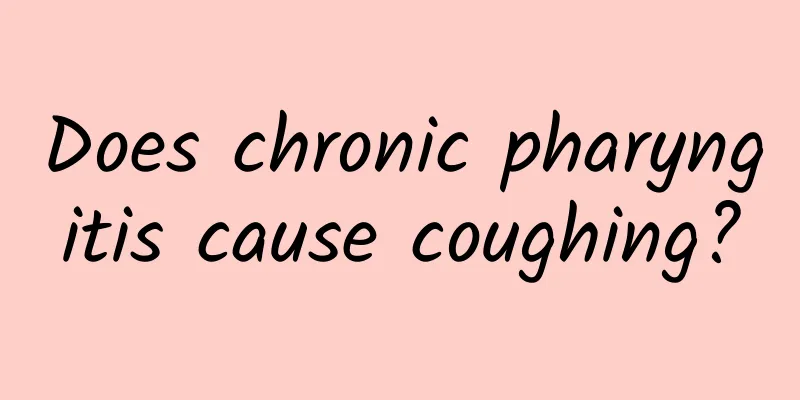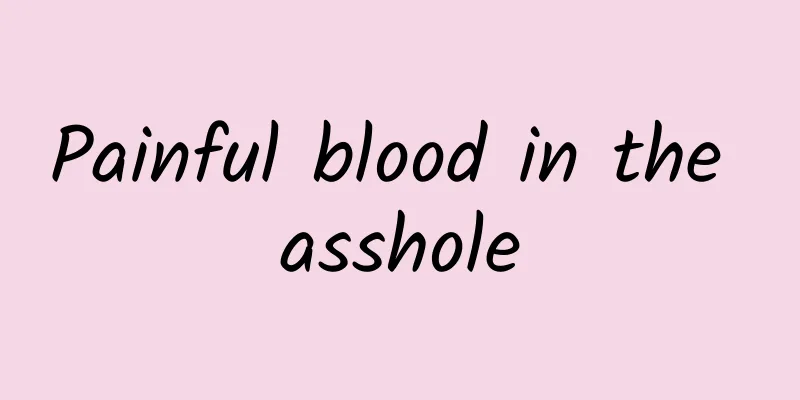Why is the wound not healing well?

|
In daily life, people often suffer trauma: such as knife wounds, bumps, etc. Due to different wound conditions, some of these injuries will heal on their own, while others must be disinfected or even treated with medication before they can heal. What happens if the wound doesn’t heal well? The reason for wound non-healing is generally considered to be wound infection, which causes the wound skin to stop healing, and in severe cases even ulceration occurs. Sometimes the lack of certain nutrients in the body can cause wounds to heal poorly. At this time, timely nutritional supplementation is needed to help wound healing. Reasons why wounds don't heal well.
It mainly manifests itself in the destruction of the remaining epithelial tissue and delayed healing time. When sepsis occurs, epithelial growth may stop. The so-called "sepsis" refers to the proliferation of different microorganisms that invade the wound and produce harmful toxic substances. In severe cases, it can cause systemic poisoning reactions and endanger life.
Necrotic tissue is a factor that hinders wound healing, and if not controlled in time, it may lead to systemic infection, which will make wound healing more difficult and even be life-threatening. Chronic wounds such as diabetic foot ulcers and pressure sores are easy for bacterial colonies to settle and multiply, and sometimes fungi or other microorganisms may also settle on the wound surface. This may be because the wound surface is exposed to the outside for a long time and is easy to be contaminated.
The abnormalities caused by wound infection are mainly collagen metabolism disorders. After neutrophils in the infected area phagocytize bacteria, the released proteases and oxygen free radicals can damage tissues, causing collagen dissolution to exceed deposition, resulting in delayed wound healing. When infection occurs, bacteria and inflammatory cells increase the consumption of oxygen and other nutrients, fibroblast metabolism is impaired, and there is a lot of exudate after infection, which increases the local tension of the wound and causes the wound to dehiscence. 4. Malnutrition or lack of certain nutrients may cause wounds to not heal. Nutritional status The quality of nutritional status will directly or indirectly affect wound healing. Vitamin C can promote the growth of intercellular matrix, collagen fibers and mucopolysaccharides, and improve wound strength. B vitamins promote metabolism and enhance wound strength. Vitamin A enhances inflammatory response through its action on lysosomal membranes, regulates collagenase activity, and contributes to collagen synthesis, epithelial regeneration, and angiogenesis. The trace element zinc is an essential trace element for the human body. When zinc is deficient, the number of fibroblasts proliferating after trauma decreases, collagen synthesis decreases, and protein metabolism is poor. 5. Certain systemic diseases can cause non-healing wounds. The function of cells responsible for immune response in the epidermis of diabetic patients is impaired, making wounds more likely to form; other phagocyte dysfunctions cause patients to suffer from infectious diseases or increase the rate of wound infection. The wounds of uremia patients are not easy to heal, and the main mechanism may be systemic malnutrition, low blood volume of the wound and insufficient oxygen supply to the wound. Hyperlipidemia reduces the collagen synthesis function of fibroblasts in wounds. 6. Direct use of antibiotics in wounds may cause the wound to not heal. In order to fight infection, the use of antibiotics in wounds is common in clinical practice. In fact, local application of antibiotics can easily produce drug-resistant strains, and the concentration of antibiotics is highest on the surface of the wound and gradually decreases deep in the wound, which cannot achieve the antibacterial effect and is more likely to produce drug resistance. Another serious problem with topical application of antibiotics is that they can cause contact allergic reactions, especially when they are used extensively and for a long time on chronic wounds. The use of some antibiotics will damage wound cell proliferation and epithelial formation, and kill macrophages that are beneficial to healing. Therefore, local application of antibiotics is generally not recommended, especially injectable antibiotics, which should be prohibited from local application. 7. The patient’s mental state may also be a reason for wound failure to heal. Long-term social factors such as depression, tension, and anxiety can indirectly affect wound healing by damaging the body's immune function through the neuroendocrine system. On the contrary, a positive attitude will help wounds heal. Studies have shown that strong psychological reactions and negative psychology can lead to the release of catecholamines, microvascular constriction, and reduced blood oxygen supply to the wound; at the same time, increased levels of adrenaline, adrenal cortex hormone, and growth hormone can stimulate gluconeogenesis, counteract the effects of insulin, thereby increasing blood sugar and destroying white blood cell function, affecting wound healing. 8. Aging can lead to delayed wound healing The regenerative capacity of tissue cells at different ages is different, and generally the tissue regeneration capacity decreases with age. In addition, the elderly are prone to hardening of blood vessels, which reduces local blood supply, and the division and proliferation cycle of fibroblasts is significantly prolonged, and cell activity is generally reduced, resulting in delayed wound healing, decreased healing quality, and even non-healing. |
<<: How to get rid of stool immediately
>>: I often feel shortness of breath. Why?
Recommend
Can I drink water during the glucose tolerance test?
Glucose tolerance test is a test conducted on pat...
Is knee pain caused by calcium deficiency?
Knee pain is not necessarily caused by calcium de...
Why is my body so stiff?
Many patients with myocardial infarction or cereb...
TCM treatment of heart disease
With the continuous improvement of modernization,...
What are the benefits of dandelion honey water?
Many people know that dandelion can help people t...
What happens if the leucorrhea cannot be discharged and sticks to the cervix?
Leucorrhea is a viscous liquid secreted from the ...
Cystadenoma of pancreatic tail
Pancreatic tail cystadenoma is a pancreatic cysta...
Who is suitable for CyberKnife treatment?
With the development of medical technology, many ...
Five signs that your liver is asking for help
Sign 1: Getting drunk easily Some people usually ...
Tangerine peel foot bath dosage
Tangerine peel is the peel of oranges, and it has...
When it comes to nourishing the kidneys, is Chinese medicine or Western medicine better?
Nowadays, many people like to use Western medicin...
Clinical manifestations of suppurative spondylitis
Pyogenic spondylitis is mainly caused by hematoge...
Can I take medicine after eating grapes?
We all know that the best time to take medicine i...
Boils on the body
Skin diseases are very common diseases. This type...
What are the dangers of abnormal glucose metabolism?
Speaking of abnormal sugar metabolism, many frien...









